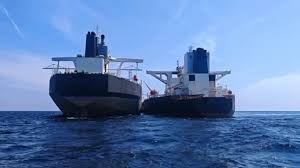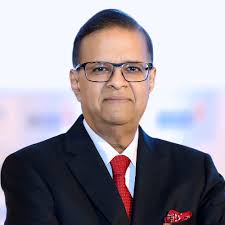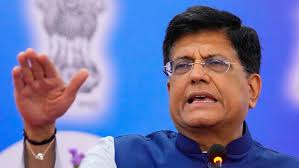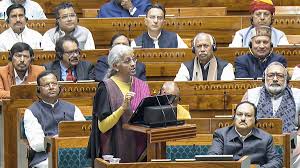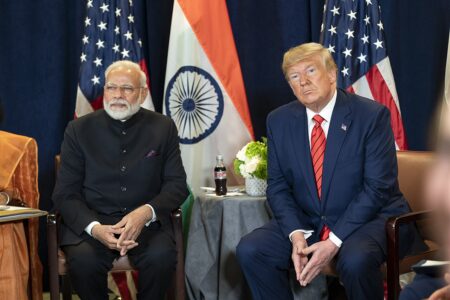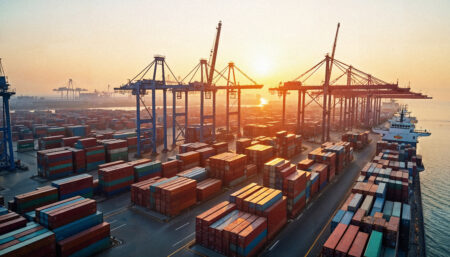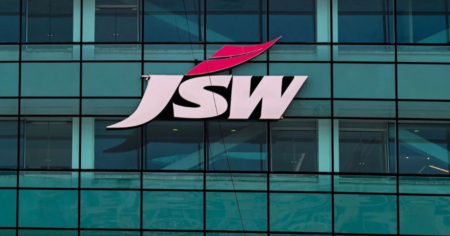India’s G20 presidency played a pivotal role in bolstering global cooperation and positioning itself as a manufacturing powerhouse. This was an exceptional opportunity to shape worldwide policies and economies, as the G20 represents the planet’s most influential nations, responsible for 85 percent of global GDP and 75 percent of exports.
The recent G20 summit in New Delhi underscored the indispensable role of logistics in orchestrating such monumental gatherings. Efficient transportation was fundamental to its seamless execution.





The commitment of Prime Minister Narendra Modi and British Prime Minister Rishi Sunak to pursuing a free trade agreement promises substantial advantages, including cost reductions and enhanced market access, which could substantially bolster the profitability of import logistics.
Conversations about an extensive rail and port network connecting the United States, India, and Gulf nations hold the potential to transform cargo transportation, cutting costs, fostering economic growth, and championing sustainability.
Cargo Insights seeks the views of industry experts on the potential transformative impact of the India-Middle East-Europe economic corridor, which aims to lower logistics costs and accelerate shipment deliveries across continents, and their perspective on the inclusion of the African Union in the G20 and the launch of a biofuel alliance for trade.
- Xerrxes Master, President, AMTOI & Managing Director, Master Group
- Yashpal Sharma, President, ACFI & Managing Director, Skyways Group
- Samir J Shah, Director, JBS Group & Vice President, ACAAI
- Adarsh Hegde, Managing Director, Allcargo Logistics
- Dr. Pramod Sant, Former Vice President – Head of Import Export and Customs, Siemens
Xerrxes Master, President, AMTOI & Managing Director, Master Group
The potential transformative impact of the India-Middle East-Europe economic corridor is indeed promising. Reducing logistics costs through a more efficient trade route connecting India, the Middle East, and Europe has significant advantages. Furthermore, accelerated shipment deliveries can boost supply chain reliability and customer satisfaction.
This corridor holds the potential to stimulate economic growth in connected regions, fostering increased trade and investment while promoting closer economic and political ties among participating countries.

The inclusion of the African Union in the G20 represents a significant step towards achieving greater representation and equity in global economic governance. The African Union’s diverse membership, spanning countries at various development stages, brings unique perspectives to the G20 table. Moreover, this inclusion aligns with addressing global challenges, given Africa’s deep involvement in issues like climate change, poverty, and health crises.
The launch of a biofuel alliance for trade signifies a positive move towards promoting sustainable energy sources. This alliance can create economic opportunities across sectors and reduce dependence on fossil fuels. However, it’s essential to carefully consider environmental and social implications, such as land use conflicts and community displacement. Investment in research and development will also be crucial for advancing efficient and sustainable biofuel production technologies.
Yashpal Sharma, President, ACFI & Managing Director, Skyways Group
The India-Middle East-Europe economic corridor has immense potential to transform logistics by reducing costs and expediting shipments globally. Swift goods movement in today’s trade environment, where speed and reliability are paramount, benefits manufacturers, exporters, and importers, reducing inventory costs and production delays while enhancing supply chain efficiency.
This initiative is exciting and promises to lower logistics expenses and hasten global shipments, profoundly impacting worldwide trade and supply chains. Furthermore, it can stimulate infrastructure development, including roads, railways, ports, and logistics hubs, fostering economic growth and job creation.

Realising its potential requires collaboration among governments, businesses, and international organisations to address regulatory, security, and environmental challenges.
The inclusion of the African Union (AU) in the G20, a group of major economies, carries significant implications. It acknowledges Africa’s growing economic importance and the need for a more inclusive global economic dialogue. This inclusion provides a platform for African nations to collectively address shared challenges, such as infrastructure development, access to capital, and trade barriers.
It also fosters partnerships and investment opportunities between African nations and G20 members. However, effective coordination within the AU and the G20, as well as addressing diverse member interests, pose challenges for success.
The launch of a biofuel alliance for trade signals a growing interest in sustainable energy sources. Biofuels, derived from organic materials, offer economic opportunities, promote rural development, and reduce greenhouse gas emissions.
They enhance energy security by diversifying the energy mix and can strengthen trade relations among participating countries. However, sustainable practices and transparency in trade are crucial to avoid potential disputes and environmental issues associated with biofuel production. This initiative reflects a positive step towards a more sustainable and diversified global energy landscape.
Samir J Shah, Director, JBS Group & Vice President, ACAAI
The perspective on the potential transformative impact of the India-Middle East-Europe economic corridor is positive, viewing it as a commendable initiative. As India’s global trade expands, the corridor offers valuable advantages, connecting India with pivotal trade partners and opening new markets.
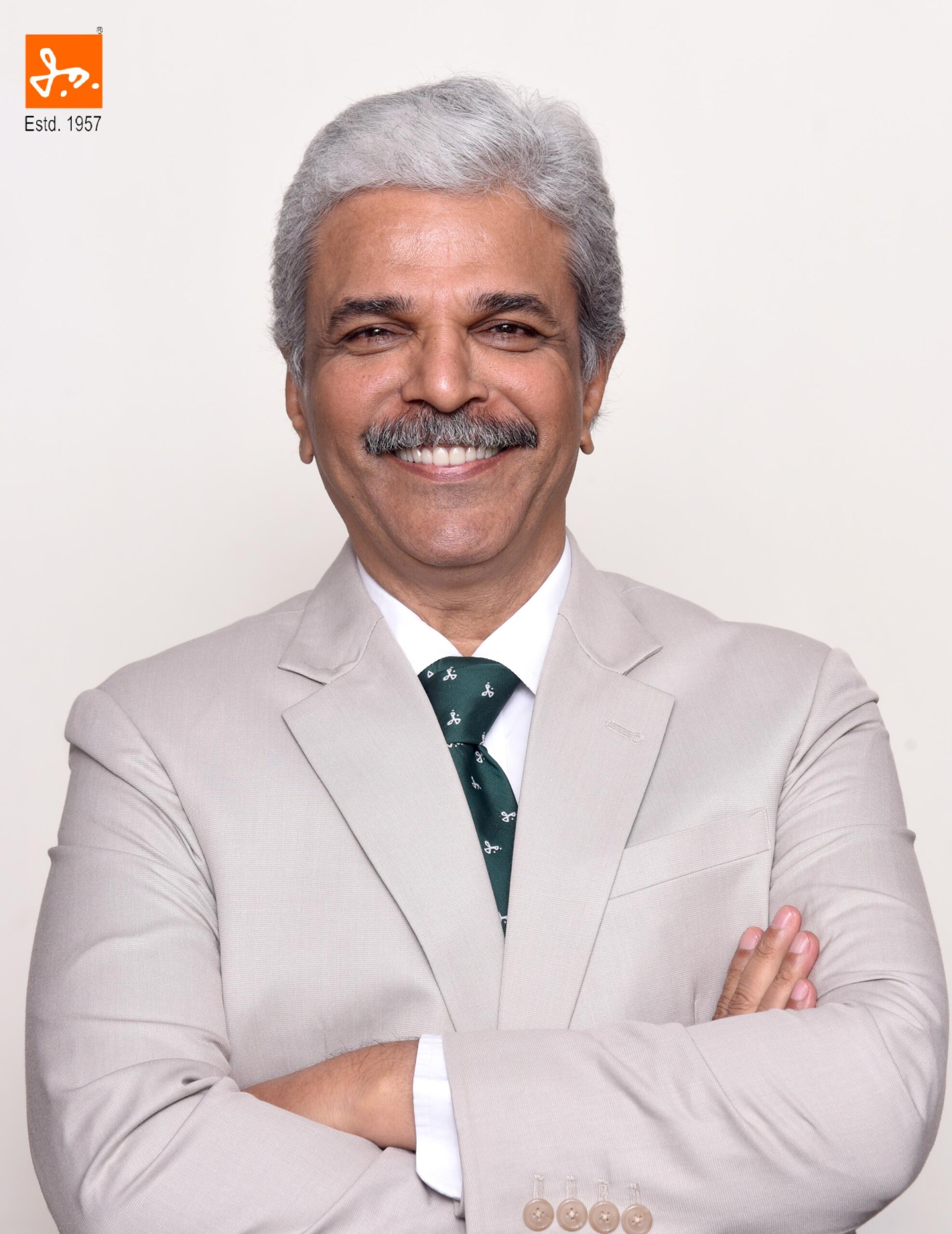
Moreover, it promises to reduce logistical costs and enhance transit options, aligning with the innovative solutions provided by freight forwarders. Recognised as a much-needed endeavour by the involved governments, this initiative is welcomed for its potential to foster international trade.
The inclusion of the African Union in the G20 and the launch of a biofuel alliance reflect the importance of global cooperation in today’s interconnected world. Being isolated is considered impractical; cooperation, trade, and cultural exchanges are crucial for progress.
India’s leadership in the G20 is well-received, and the African Union’s inclusion adds diversity to the group. Sharing resources, both natural and man-made, is stressed as vital for mutual growth and prosperity. Any alliance working for the common good is seen as benefiting everyone involved and contributing to a more prosperous and interconnected global community.
Adarsh Hegde, Managing Director, Allcargo Logistics
The new economic corridor marks a defining moment in India’s trade history and promises a paradigm shift in global trade, with India as its manufacturing base and the Middle East as its trading hub.

Investments in rail and shipping route capacities will reduce costs and transit times, positioning India favourably to meet global product demands. It may not only serve as a credible alternative but also potentially a more viable and attractive route compared to other initiatives in the neighbourhood.
Dr. Pramod Sant, Former Vice President – Head of Import Export and Customs, Siemens
When considering the potential transformative impact of the India-Middle East-Europe economic corridor, which seeks to reduce logistics costs and expedite global shipments, it’s essential to recognise that the true effects will only become clear once the corridor becomes operational.
For instance, the International North-South Transport Corridor (INSTC), initiated in 2002, only recently witnessed its inaugural commercial shipment in June 2023. Several critical questions persist, including how the substantial $3 trillion cost of the IMEC will be financed, the intricate coordination challenges inherent in a multimodal transportation system, and the cost comparison with traditional sea routes.

and Customs, Siemens
Regarding the inclusion of the African Union in the G20 and the launch of a biofuel alliance for trade, India’s impressive track record in renewable energy, especially solar and wind power, deserves recognition.
Initiatives like the International Solar Alliance have not only expanded renewable energy capacity but also driven cost reductions. The establishment of a biofuel alliance signifies a positive stride towards advancing renewable energy and fostering a more sustainable world. It harmonises with the global shift towards environmentally friendly and clean energy sources.

